5th Floor, West Tower, World Financial Centre
1 Dong San Huan Middle Road
Chaoyang District, Beijing 100020, China
Tel: +86 10 5081 5880

January 22, 2025
Second Hong Kong-Shanghai Science and Finance Forum Convenes in Hong Kong
The Second Hong Kong-Shanghai Science and Finance Forum was successfully held in Hong Kong on December 13th, jointly organized by the Hong Kong Foundation of Shanghai Advanced Institute of Finance (SAIF) and the Advanced Industrial Technology Research Ins
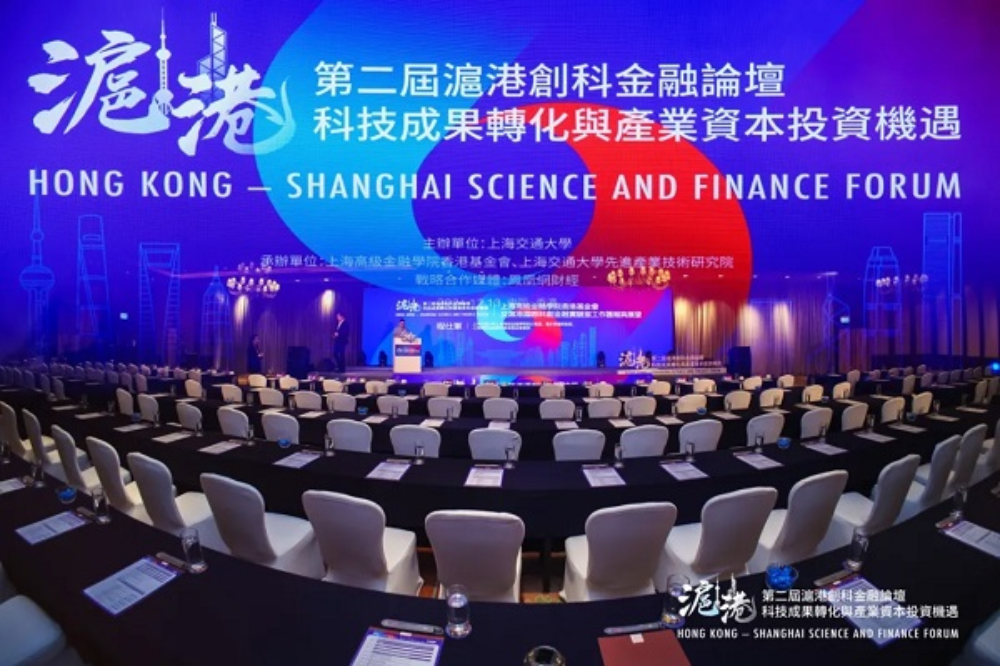
January 22, 2025
SAIF Faculty Participates in 2024 SFS Cavalcade Asia-Pacific Conference
The 2024 Society for Financial Studies (SFS) Cavalcade Asia-Pacific Conference was held from December 13-15 in Seoul, South Korea, drawing distinguished faculty and doctoral candidates from the Shanghai Advanced Institute of Finance (SAIF).
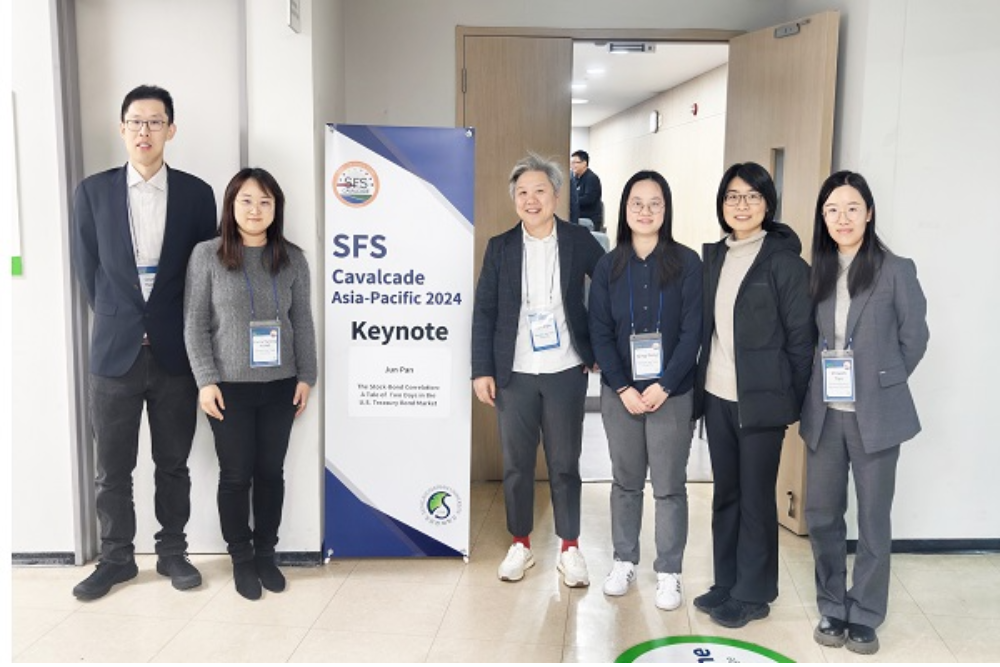
January 22, 2025
SJTU Inaugurates Jiao Tong Gateway with SAIF Greater Hongqiao Center
Shanghai Jiao Tong University (SJTU) celebrated the inauguration of its "Jiao Tong Gateway" at Hongqiao Hui in the Hongqiao International Central Business District (Minhang) on December 27th. The ceremony marked the concurrent establishment of several fac
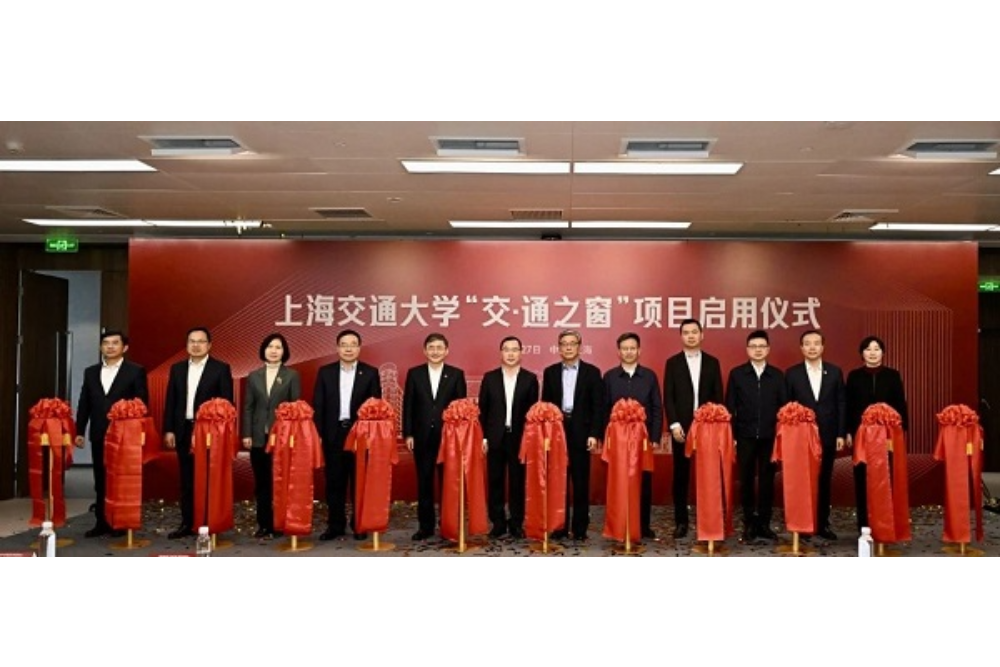
December 27, 2024
2024 International Youth Leadership Finance Summit Held at SAIF
On December 7th and 8th, the Shanghai Advanced Institute of Finance (SAIF) at Shanghai Jiao Tong University (SJTU) proudly hosted the 2024 International Youth Leadership Finance Summit (IYLFS), organized by its Master of Finance (MF) Program.
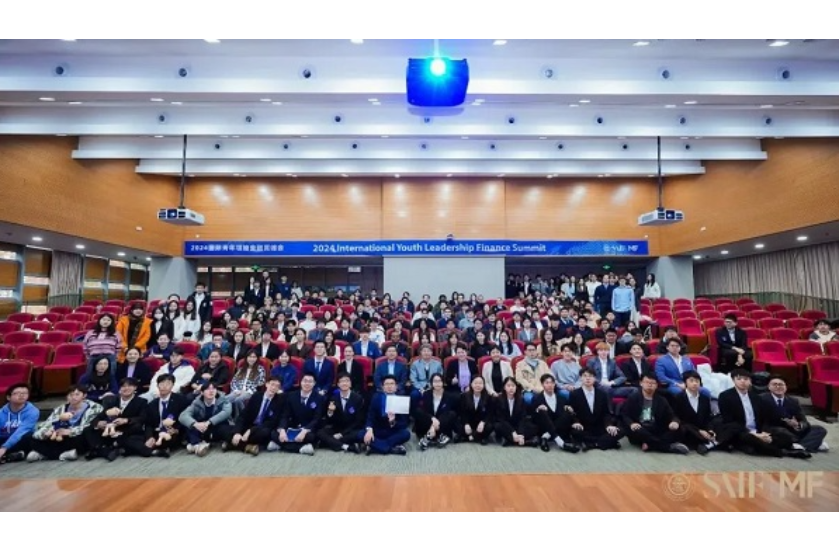
December 26, 2024
SAIF Professor Xiaoyun Yu
Xiaoyun Yu, Chair Professor of Finance at the Shanghai Advanced Institute of Finance Shanghai Jiao Tong University, has recently co-authored a significant paper published in the prestigious international journal, The Accounting Review. Collaborating with
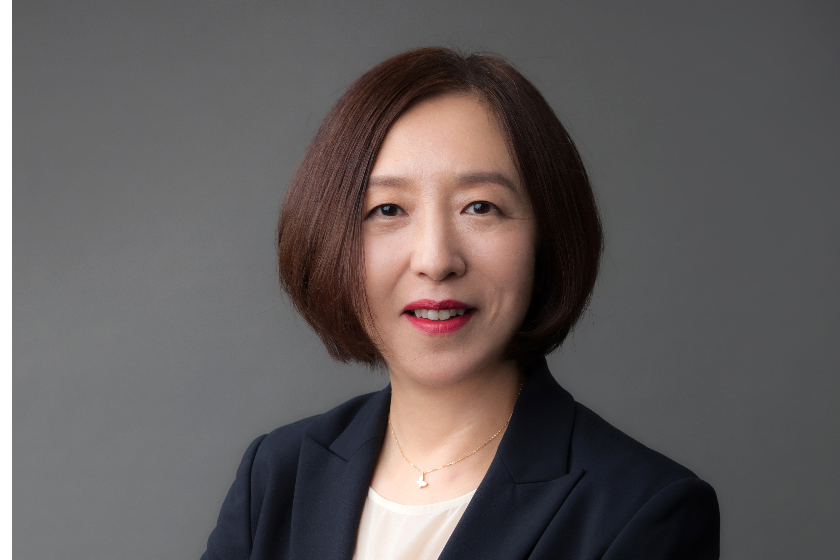
December 25, 2024
Shanghai Advanced Institute of Finance Professors Among World's Top Scientists
Two distinguished faculty members from the Shanghai Advanced Institute of Finance at Shanghai Jiao Tong University have been recognized among the "World's Top 2% Scientists 2024" by Stanford University and Elsevier. Professor Jun Pan, SAIF Chair Professor
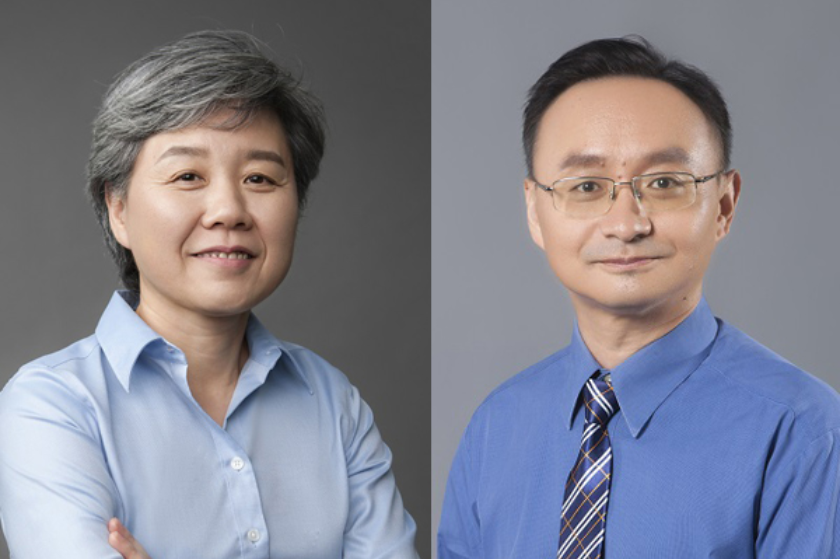
December 24, 2024
SAIF-IMF Academic Seminar Advances Global Economic Discourse
The Shanghai Advanced Institute of Finance at Shanghai Jiao Tong University hosted a distinguished SAIF-IMF Academic Seminar on October 30th, bringing together leading experts from the International Monetary Fund (IMF) and SAIF's academic community.
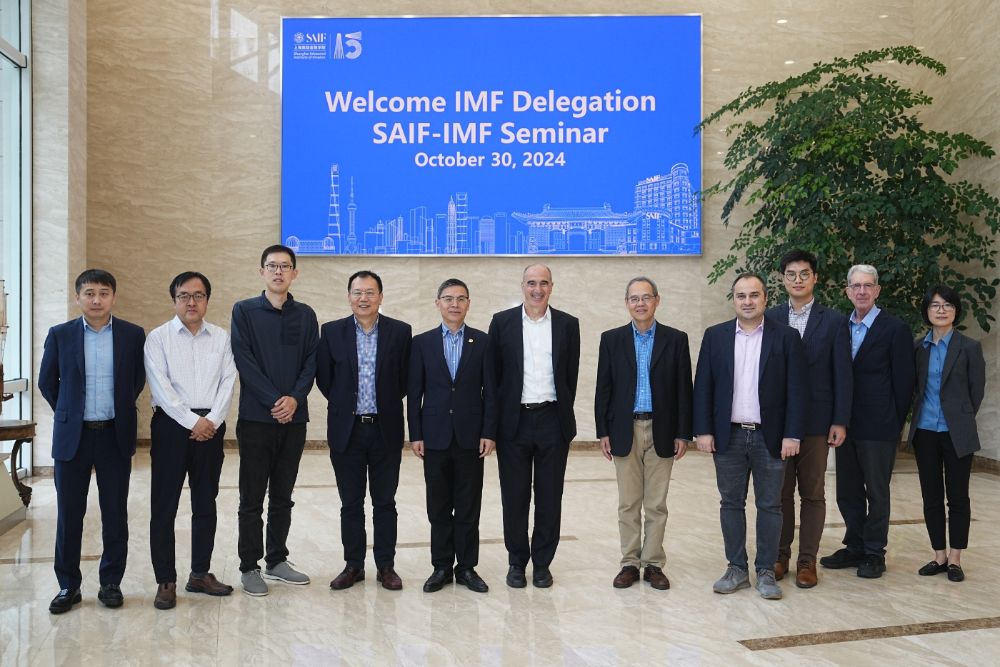
November 25, 2024
Sino-Indonesian Medical Cooperation Advances with an Exchange at SAIF
On November 1st, the Shanghai Advanced Institute of Finance (SAIF) at Shanghai Jiao Tong University (SJTU) hosted a distinguished Indonesian medical delegation led by Dr. Daniel Rumadio Waldodi, Director of the Indonesian Ministry of Defense Rehabilitatio
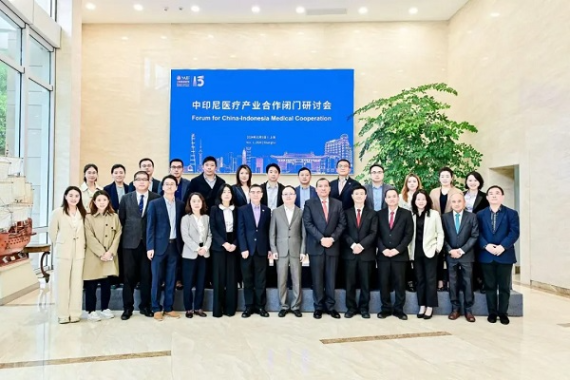
November 25, 2024
SAIF International Expert Board Convenes 2024 Annual Meeting
The Shanghai Advanced Institute of Finance (SAIF) hosted its annual International Expert Board (IEB) Program Development meeting on November 1, 2024. The gathering brought together distinguished leaders from global financial institutions and academia.
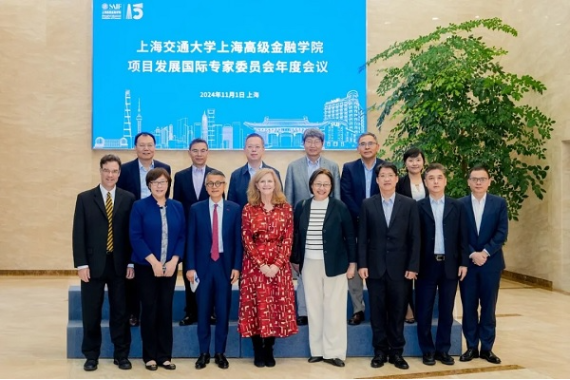
November 25, 2024
New Publication in Management Science by SAIF Professor Tan Wang
Professor Tan Wang, Deputy Dean and Chair Professor of Finance at the Shanghai Advanced Institute of Finance (SAIF), has published groundbreaking research in the prestigious journal Management Science. The paper, "Volatility Ambiguity, Portfolio Decisions
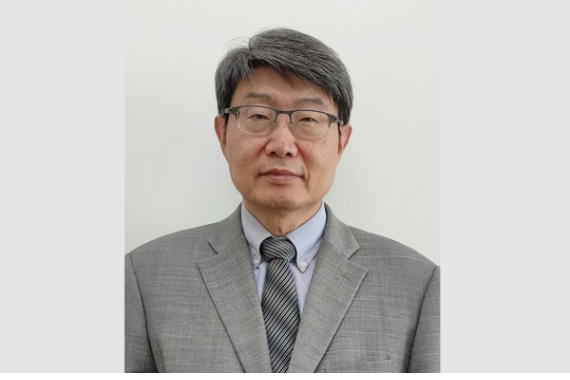

211 West Huaihai Road
Shanghai 200030, China
Tel: +86 21 6293 3500
9th Floor, Building T6, Hongqiao Hui
990 Shenchang Road
Shanghai 201106, China
3rd Floor, Building D, Chenfeng Building
800 Tongpu Road
Shanghai 200062, China
5th Floor, West Tower, World Financial Centre
1 Dong San Huan Middle Road
Chaoyang District, Beijing 100020, China
Tel: +86 10 5081 5880
1203 Tower 7, One Shenzhen Bay
Nanshan District, Shenzhen 518000, China
Tel: +86 755 8663 8815
© Shanghai Advanced Institute of Finance All Rights Reserved.


Top